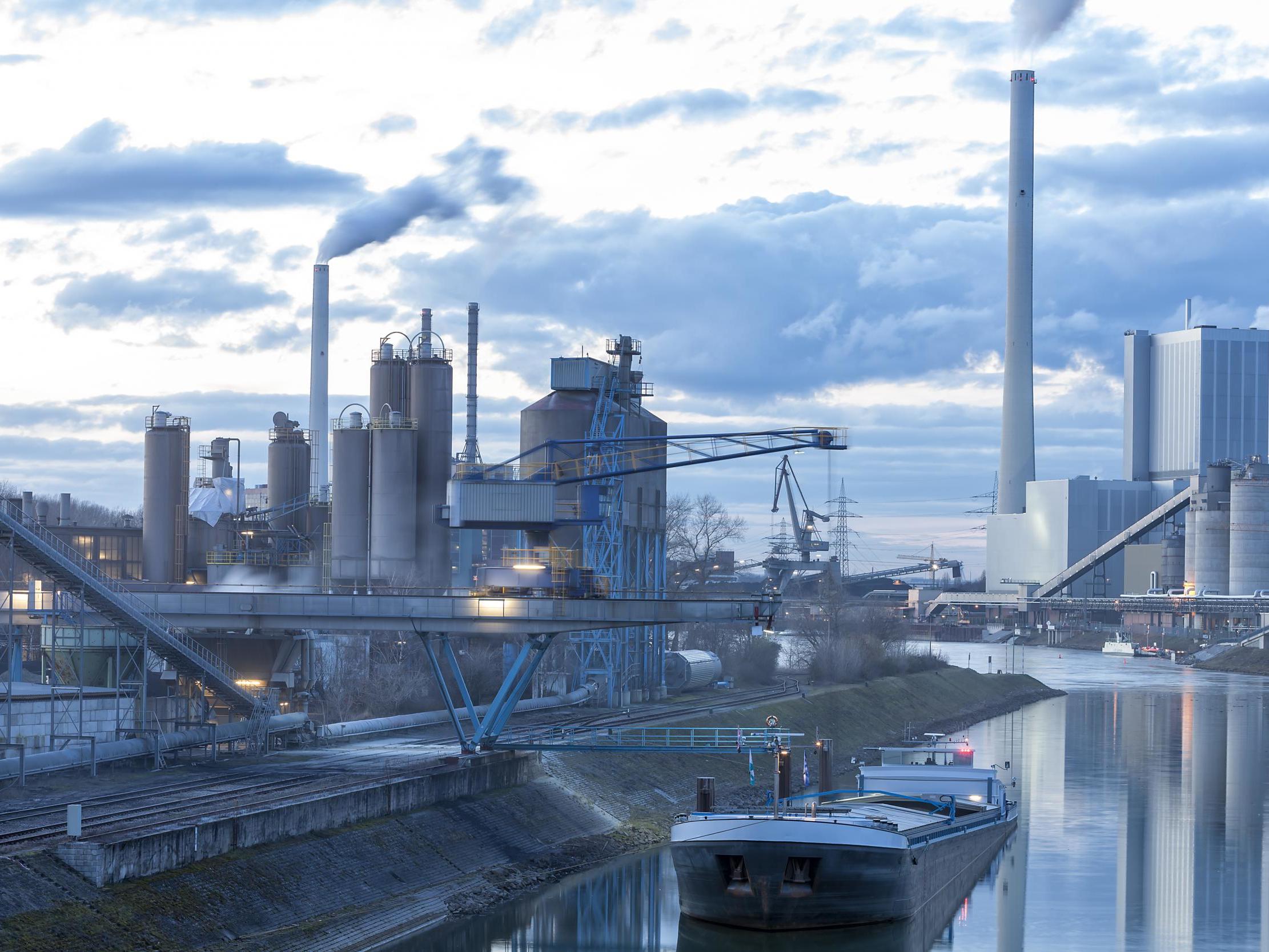Climate crisis: Germany, Italy and Poland reject call for net zero emissions by 2050, leaked paper indicates
Eight countries back proposals calling for ‘in-depth transformation of all the sectors of our economy’ in Europe

A paper put together by eight European countries calling on the European Union to “act now” to address climate change has been snubbed by Germany, Italy and Poland, ahead of a summit in Romania this week.
The meeting in the Romanian city of Sibiu was originally planned so leaders could chart a course for the EU after Brexit. But with the UK’s EU departure deadline pushed back until the end of October, climate change is now at the top of the agenda.
Belgium, Denmark, France, Luxembourg, the Netherlands, Portugal, Spain and Sweden have all called on European heads of state to boost climate action by pledging to cut greenhouse gas emissions to a net-zero level “by 2050 at the latest”, and also for the EU to dedicate 25 per cent of the next seven-year budget to projects fighting climate change.
Excluding Britain, which is supposedly leaving the EU, and in any case appears set to make similar goals, Germany, Italy and Poland are among the biggest economies in the EU who are conspicuous by not signing the proposals.
“Climate change is a global challenge with profound implications for the future of humanity and our planet. Its impacts are already felt all across the EU, with for example the heat waves and scorching fires of last summer,” the leaked paper says.
Greta Thunberg inspires climate activists everywhere: In pictures
Show all 12“The fight against climate change requires an in-depth transformation of all the sectors of our economy,” it adds, before detailing some prospective changes.
These include recommending the EU should play a role in helping to develop new low emission industries, and redirecting spending.
“It is crucial to redirect the financial flows, both private and public, towards the climate action,” the paper says.
“The EU budget currently under negotiation will be an important tool in this respect: at least 25 per cent of the spendings should go to projects aimed at fighting against climate change … As a general principle, the EU budget should not finance any policy detrimental to this objective.”
But not all countries agree.
Earlier this year, Germany, along with Poland, Hungary and the Czech Republic moved to block an ambitious European Commission emissions reduction plan at an EU summit in Brussels. The plan requires countries to cut 95 per cent of emissions, with a further 5 per cent cut made up by funding emissions reductions outside the EU.
“We are heading towards climate breakdown,” said Sebastian Mang, EU climate policy adviser at Greenpeace.
But while some governments’ leaders are responding to the threat “the German, Italian and Polish governments still have their heads firmly in the sand”, he told Climate Home News.
Meanwhile, the United Nations is also trying to force action. Its intergovernmental panel on climate change (IPCC) report last year warned we have just 12 years to make crucial reductions to carbon emissions in order to limit global warming to 1.5C.
Currently the planet is on course to see 3-3.5C of warming, according to the UN.
This week the UN’s intergovernmental science-policy platform on biodiversity and ecosystem services (IPBES) report stated that since 1980, wild mammals have declined by 82 per cent, space for natural ecosystems has halved, and one million species are now at risk of extinction, all as a result of human action.
“The health of the ecosystems on which we and other species depend is deteriorating more rapidly than ever. We are eroding the very foundations of economies, livelihoods, food security, health and quality of life worldwide,” said IPBES chairman Robert Watson.
The UN secretary-general António Guterres has called for a summit in September to discuss approaches to tackling climate change, and recently voiced his support to the school strikes for climate change movement led by Swedish teenager Greta Thunberg, as well as the Extinction Rebellion activists who have also carried out peaceful demonstrations around the world.
“These schoolchildren have grasped something that seems to elude many of their elders,” Mr Guterres said.
“We are in a race for our lives, and we are losing. The window of opportunity is closing – we no longer have the luxury of time, and climate delay is almost as dangerous as climate denial.”
Subscribe to Independent Premium to bookmark this article
Want to bookmark your favourite articles and stories to read or reference later? Start your Independent Premium subscription today.

Join our commenting forum
Join thought-provoking conversations, follow other Independent readers and see their replies